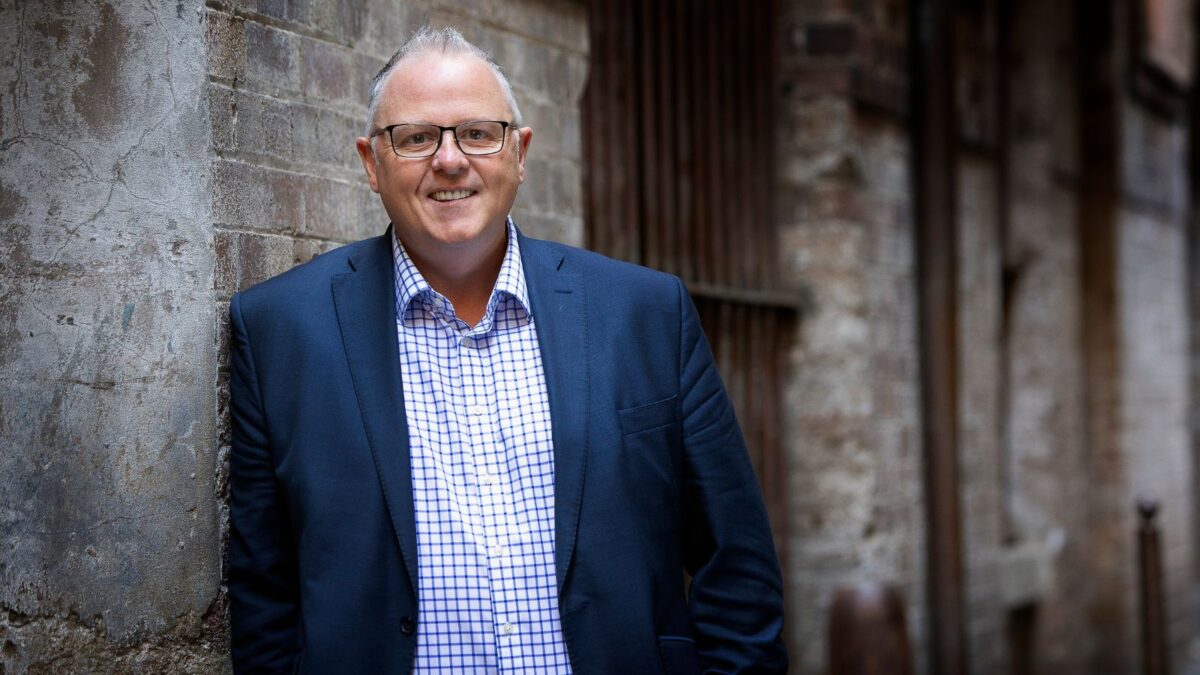Scarcity Partners brings GP staking down under
Traditional private equity struggles with investing in asset managers for a number of reasons. One of those reasons is control: PE wants to run the show, and that means a clash when that show already has a star, usually the founder. Leverage is not a friend, and the time horizon is tricky; PE players like to get in and out of an asset in under five years, but taking an asset management firm to the next level can take a lot longer.
GP staking – a subclass of private equity where firms take minority stakes in asset managers in an “evergreen or long-dated approach” – solves many of those problems. And the newly launched Scarcity Partners wants to bring the model to the Asia-Pacific.
“As I looked at how GP staking had evolved in the US over the last five years, raising more than US$50 billion from pension funds, endowments and high net worth investors, it was very clear that the model could be adapted to this market,” Adrian Whittingham, managing director of Scarcity Partners, tells ISN from Singapore, where he’s currently meeting with potential investors and portfolio companies.
Sometimes the money stays in the business and is used to build a new strategy or team,
or broaden distribution channels. Other times it’s used to buy somebody out; not all the founders at the start of a business can or should be there to carry it for the next decade.
“When you find founders that really want to build a firm and not a fund and want a supportive growth partner, those are some of the most enjoyable and exciting business partnerships you can have,” Whittingham says. “Some of them can be tough, for sure; but the ones that are tough are the ones that build better businesses.”
Scarcity is raising $200-300 million in its first fund from family offices to pension funds and ultra-high net worth individuals, but a number of fund managers have also expressed an interest in investing. The firm hasn’t opened too many conversations with super funds, many of which could now take up its entire capacity – it “doesn’t fit their mandate”, Whittingham says, but one area where they’ve expressed more interest is if Scarcity turns up an asset “of some size” and there’s an opportunity to make a transition or to continue its growth profile.
“The rewards can be significant if you execute it right,” Whittingham says.
The so-called “rockstar” founders that dominated the post-GFC investment landscape now find themselves on the ash heap of history (for now, at least) and Scarcity steers clear of them when considering an investment. That doesn’t mean they mind people who enjoy the spotlight – but they want the whole band, not just the frontman.
“A founder needs to be able to grow the business and create a legacy and a brand,” Whittingham says. “You do need founders that are very comfortable and happy to be front and centre. It’s preferably a broad set of founders rather than just one… Often you’re trying to determine if there’s a cultural fit and they’re in business for the right reasons in that they want to provide outstanding returns and that they understand they’re a fiduciary.”
“They can’t be too egocentric; there’s a balance of that, but you need the founders focussed on creating something that’s unique and special.”
And the aforementioned end (temporary or otherwise) of the post-GFC bull run means it’s somewhat easier to find asset managers that are as good as they say.
“In this environment, you find those firms that are happy to be more client-facing and engaging. When times are tough that truly tests the merit of an investment management business; it tests the motivations of the founders and the investment team,” Whittingham says.
It also means, in the alternatives space in which Scarcity largely wants to play, that it’s a good time to invest in them.
“Depending on asset class, the choppier environment is in their favour as well. If you’re running a private equity business you’re likely to pick up assets with more attractive pricing and if you’re running a private credit business you’re seeing those firms originate more transactions because the banks are stepping away or aren’t as competitive.”











